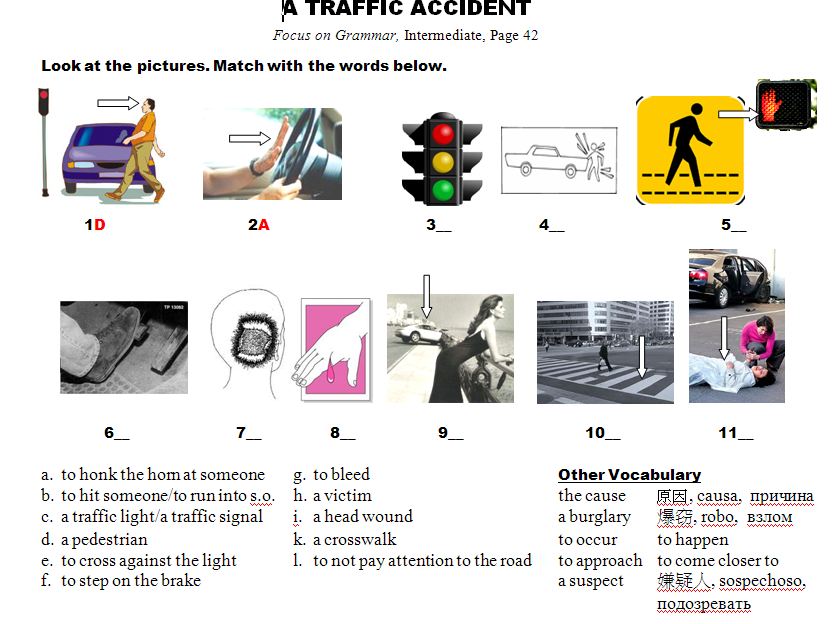To listen, first click on‘Permalink’ and then click on ‘Play’.
1. a view (景色,vista, вид) of the wall next door
a view of the Golden Gate Bridge (beautiful)
2. mathematics algebra (代数 алгебра) (hard)
3. Safeway Costco (expensive)
4. Mr. Trego you (short)
5. soccer football (American)
6. a Muni ticket a lottery ticket (cheap)
7. Canada Mexico (cold in the winter)
8. giving a present giving a gift certificate (thoughtful 体贴的,为他人考虑的, considerado)
9. cotton wool (羊毛 , lana, шерсть) (cool)
10. New York Miami (warm in December)
11. Mr. Trego’s English your English (good)
12. smoking not getting enough sleep (bad)
13. potato chips bread (salty)
14. San Francisco Los Angeles (big)
2. mathematics algebra (代数 алгебра) (hard)
3. Safeway Costco (expensive)
4. Mr. Trego you (short)
5. soccer football (American)
6. a Muni ticket a lottery ticket (cheap)
7. Canada Mexico (cold in the winter)
8. giving a present giving a gift certificate (thoughtful 体贴的,为他人考虑的, considerado)
9. cotton wool (羊毛 , lana, шерсть) (cool)
10. New York Miami (warm in December)
11. Mr. Trego’s English your English (good)
12. smoking not getting enough sleep (bad)
13. potato chips bread (salty)
14. San Francisco Los Angeles (big)
Level5B.podomatic.com 5-5012504reconPtA
